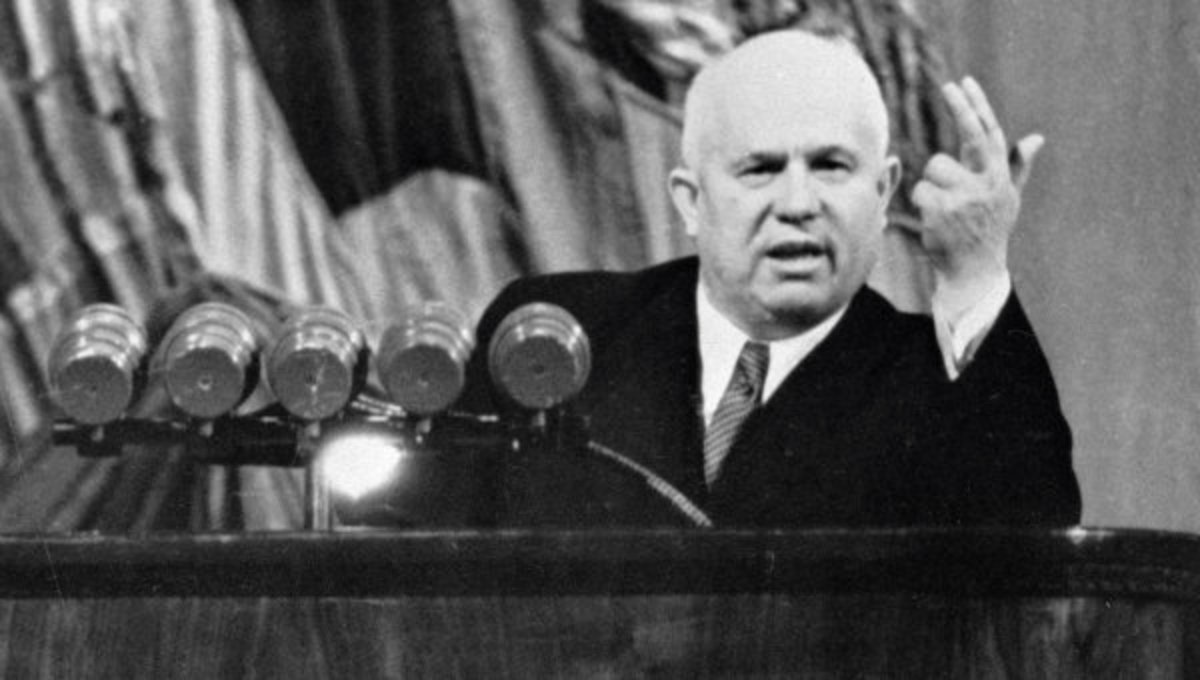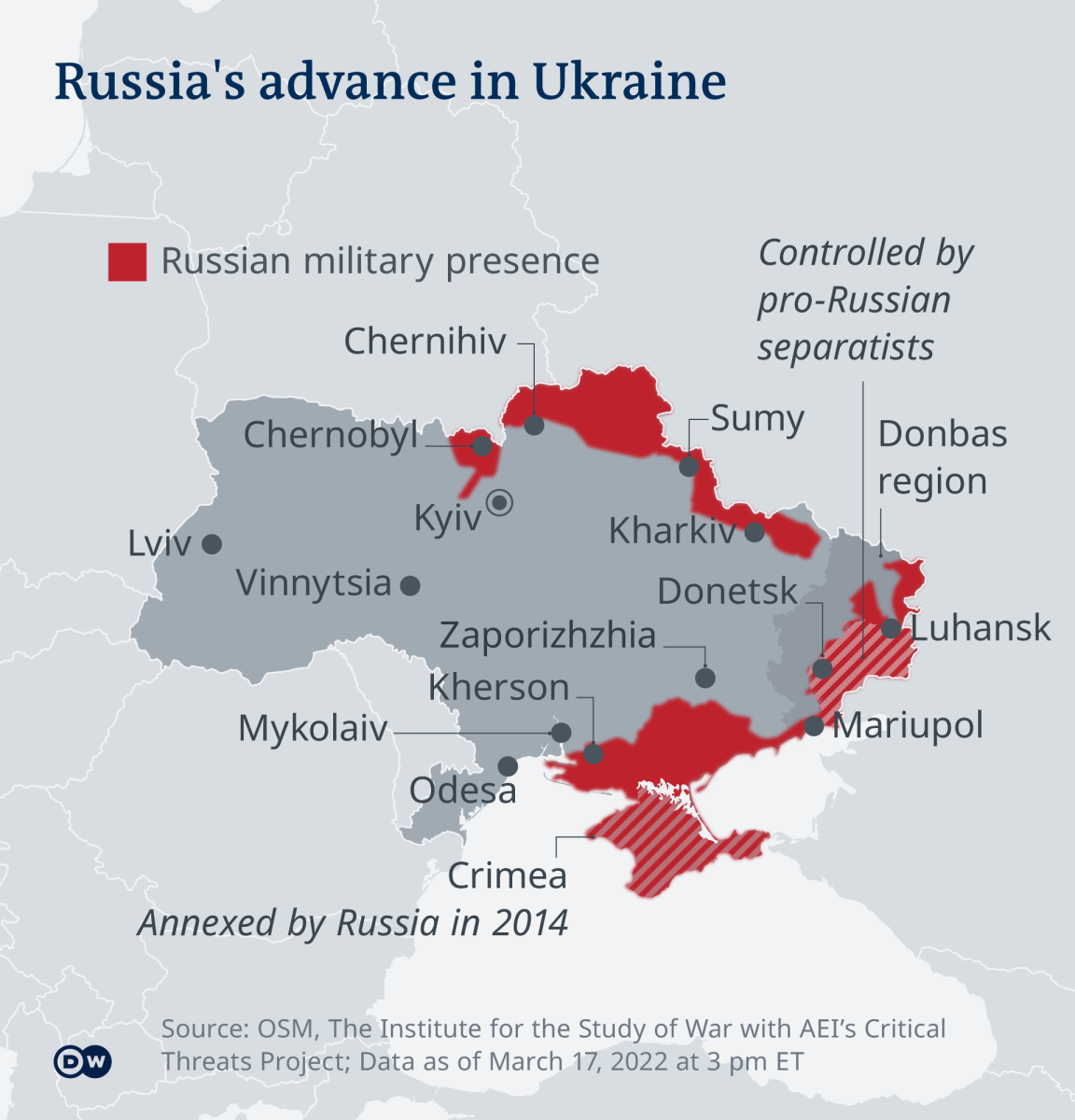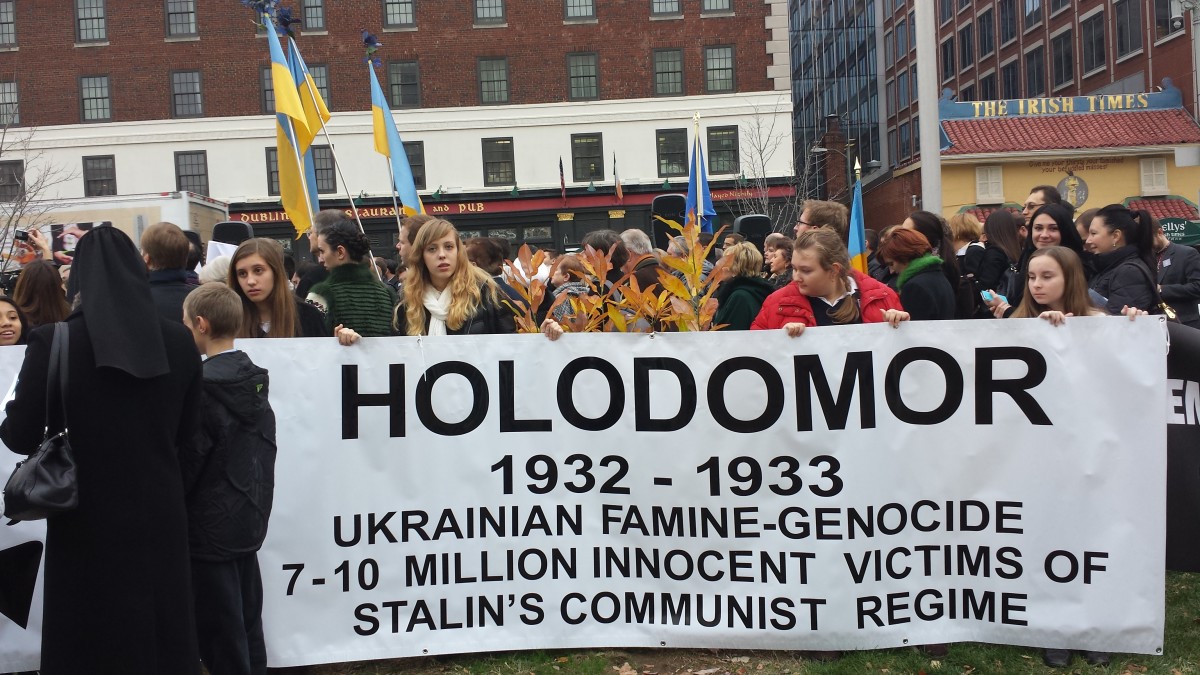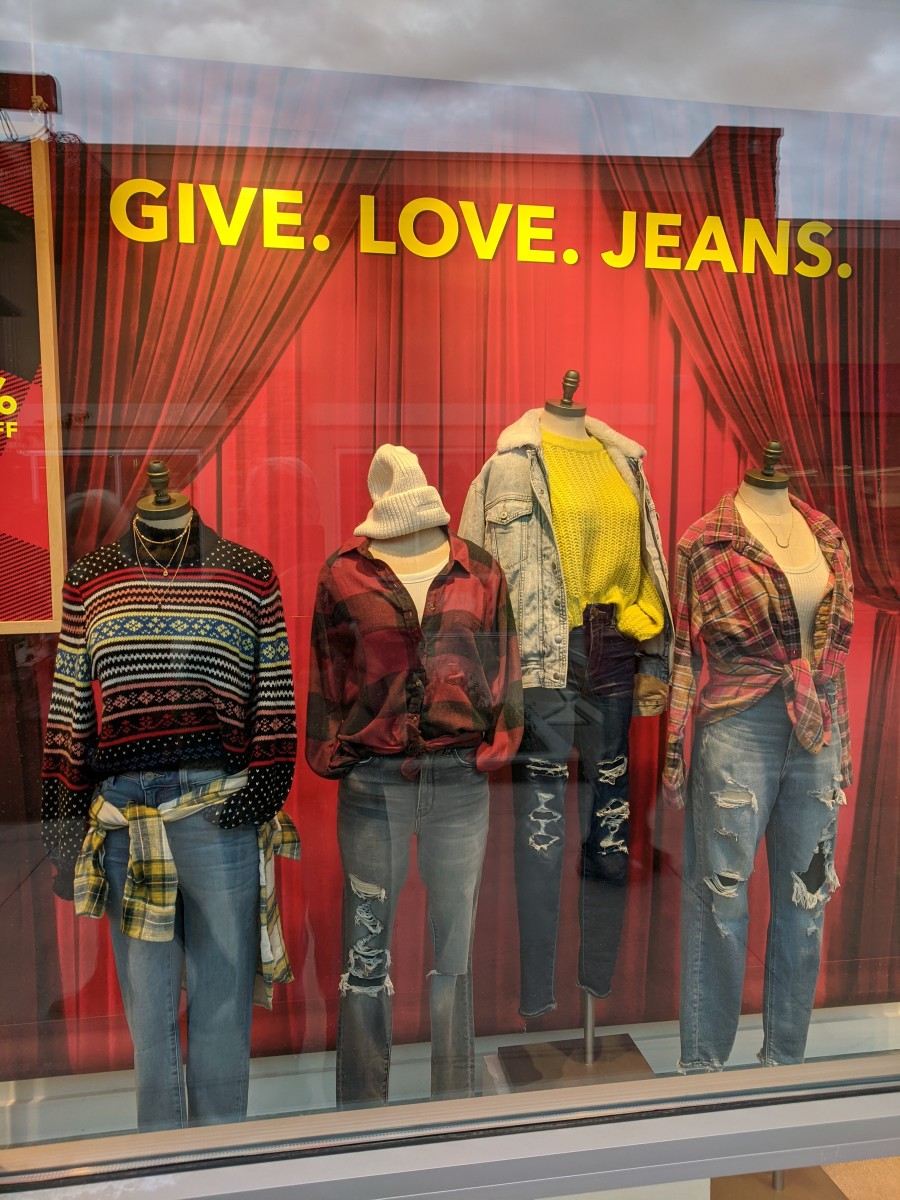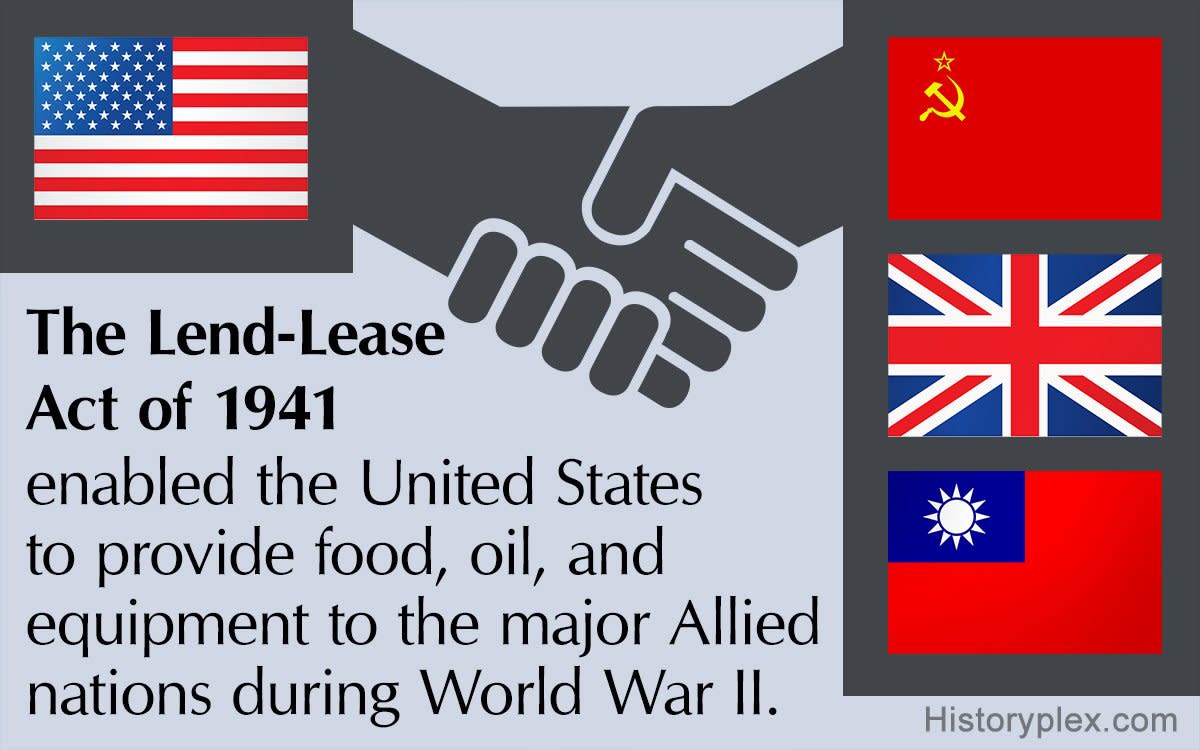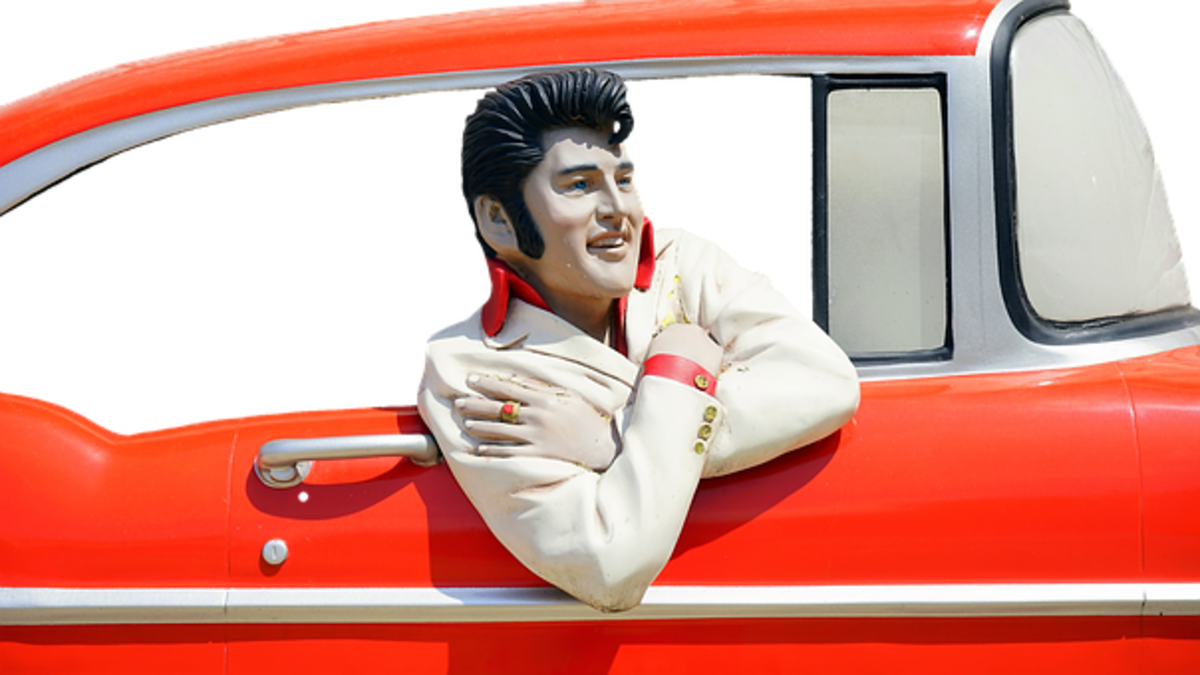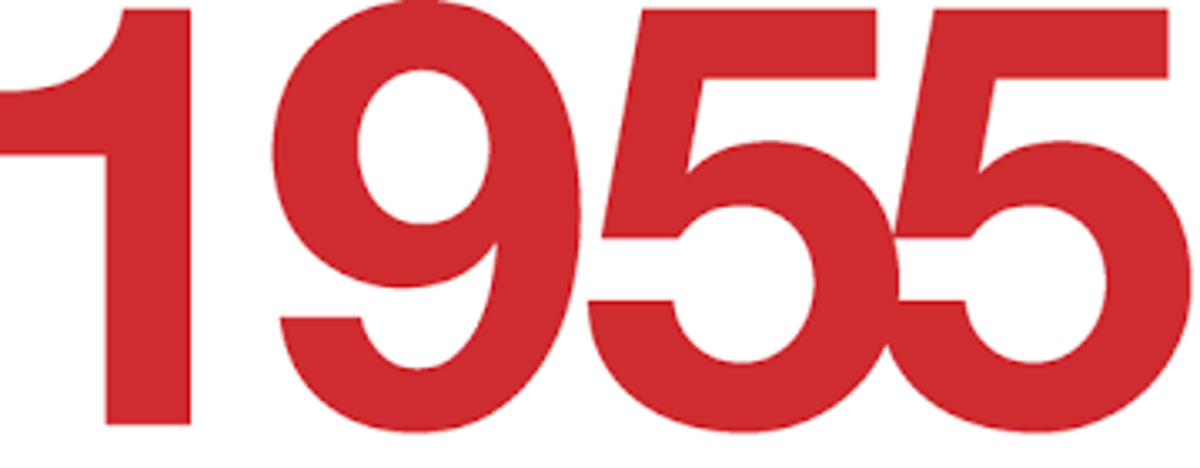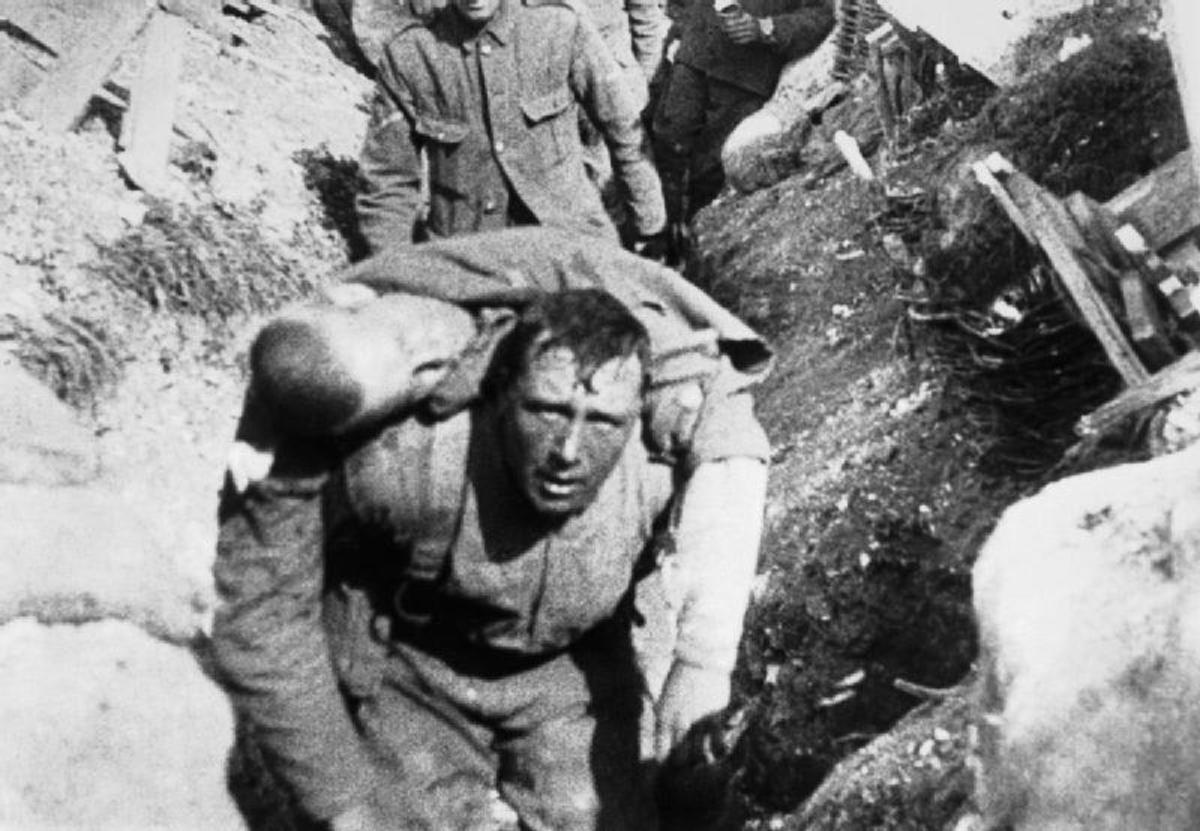- HubPages»
- Education and Science»
- History & Archaeology»
- History of the Modern Era
The Forgotten Leader From the Soviet Union Who Dismantled the Stalinist State-Nikita Khrushchev
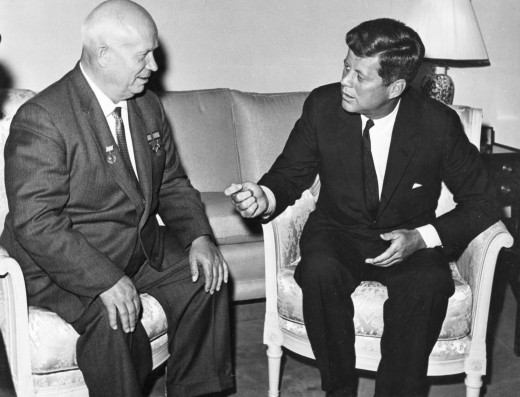
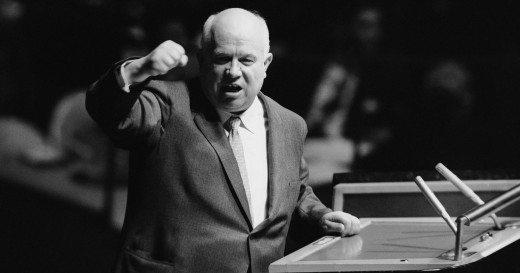
Nikita Khruschev
Russia even now is a closed world. During the time of Stalin (1924-53), it was an even more forbidding place. The world over people have heard of Stalin and Lenin from the erstwhile Soviet Union, but comparatively very few remember Nikita Khrushchev. Who was he? he was the man who led the Soviet Union after the death of Stalin until he was ousted by the Central Committee in 1964. He was the first secretary of the Russian Communist party and effectively the prime minister of Russia.This was the man who held the reins of power after the demise of Stalin in 1953 till his ouster in 1964.
Nikita Khrushchev was a coal miner’s son and one can say without hesitation that he was the product of the Soviet revolution of 1917. He was from humble origin but the party helped him to rise up in the communist hierarchy.
Khrushchev early on admired Stalin and supported Stalin in his famous purges. Perhaps it was his instinct for survival that made him support the purges of Stalin, for after he came to power he was the first man who ushered in an era of liberalization and stopped the purges. The purges were part of Stalin’s philosophy and it meant that those who opposed him were executed as ‘enemies of the state
and revolution.
Rise of Khrushchev
Khrushchev rose slowly in the party hierarchy and Stalin liked him. He carried out Stalin’s orders and was the Governor of Ukraine for 10 years. He was also present at the heroic battle of Stalingrad as a commissioner. His role is there for all to see in the movie "ënemy at the gates."
The death of Stalin opened the safety valve in Russia and there was a power struggle. One of the contenders was Beria the chief of the secret police (NKVD) under Stalin. He began his push for power and ushered in liberalization and more than a million prisoners were freed. But part of his attempt was to cover up his
own crimes under Stalin and it was not long before other members of the Politbureau ganged up and had him arrested. After a secret trial, Beria and 5 of his supporters were executed on December 1953.
This was the last time that a political opponent was executed in Russia.
De- Stalinism
Khrushchev now consolidated his power and in 1956 made a secret speech to the members of the Central Committee in Moscow in which he denounced Stalin and his policies. This was something revolutionary as Stalin even after death inspired a feeling of fear and awe in Russia. The speech is considered a watershed in the history of the Soviet Union and for the first time the Soviet state looked
at itself in the mirror. The speech was circulated to all leaders of the Eastern block as well.
Mao and Khrushchev
Mao Tse Tung the Chinese communist leader, when he came to know of the secret speech, was aghast. He felt de-Stalinism was a mistake and he soon started charting his own line of action. This was the start of the Sino-Soviet rift.
Khrushchev responded by withdrawing all his technical advisors from china and the gift of an Atomic the bomb was withheld.
Khrushchev was a realist and realized that for Russia to catch up with the west it needed to improve its economy and cut military expenditure. He embarked on a missile program which he felt was a better defense of the Soviet Union and reduced the standing army by one third. This was again not liked by Mao. He was the first man who allowed Russians to travel abroad and also allowed foreign tourists into
Russia. Richard Nixon the US vice president visited Moscow and both had animated discussions on which political system was better.
First-Ever Visit to the USA
In 1959 the Soviet Leader visited the USA at the invitation of the US President Dwight Eisenhower. Khrushchev spent 13 days in the USA and overall was impressed with the all-round progress of the USA. He came back and vowed to emulate the USA in economic progress and further cut the military expenditure.
Khrushchev was an old-world man. On a visit to Hollywood and after seeing a can-can dance at a function where backless American girls and actresses danced commented ‘ A woman’s face is more beautiful than her back’.
The 1959 visit led to some thaw in US-Soviet relations. This was the beginning
of ‘détente’ that Leonid Brezhnev ushered in the seventies.
The U-2 Incident
One incident put Khrushchev on the back foot and that was the famous U-2 incident in 1960. The U-2 was a spy plane and it was regularly used by the USA to overfly the Soviet military installations
and take photos with a high-resolution camera. The plane which flew at a height of 70,000 ft was virtually outside the pale of the Soviet defenses. The Russians knew this but could only privately fume.
However in 1960 one of the planes lost power and height and the Russians were able to shoot it with a missile. The pilot Gary Powers was captured and tried. Khrushchev wanted an apology from Eisenhower for this. But ‘Ike’ refused but assured that overflights over the Soviet Union are suspended.
The relations turned icy and detractors of Khrushchev in the central committee questioned his decision to cut conventional forces.
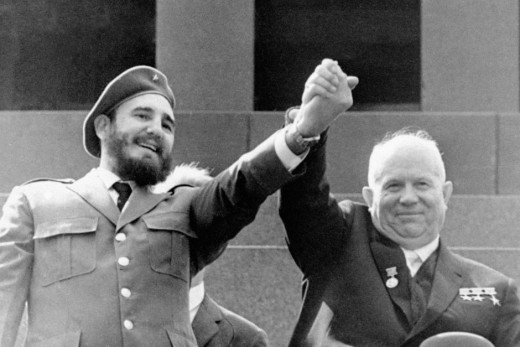
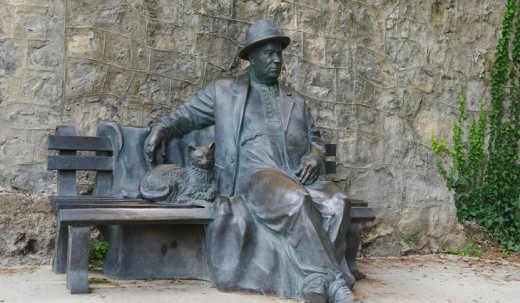
Eclipse
Cuba and the 1962 Missile Crisis
Khrushchev thought to hit back and as he believed in missiles as a better defense. He planned with his advisors of installing missiles in Cuba. Fidel Castro after initial reluctance agreed and the Soviets began to assemble medium-range missiles in Cuba for a possible assault on the USA and also to hold a threat.
President Kennedy came to know about the installation of Soviet missiles through photographs by US Spy planes. He privately asked Khrushchev to withdraw the missiles, which the latter was reluctant. At that time the USA announced a blockade of Cuba and the US Navy with a carrier task force enforced the
blockade. In comparison, the Russian navy was primitive with no aircraft carrier and was unable to operate in the Caribbean Sea. Khrushchev looked for a face-saving way out and offered to dismantle the missiles if the USA agreed not to attack Cuba and also remove missiles from Turkey. Kennedy agreed with this though the fact of removal of missiles from Turkey was kept as a ‘secret protocol’.
Castro advocated a limited nuclear attack from Cuba on the USA, but Khrushchev did not agree and the Soviets began to dismantle the missiles. This was a climb down despite the assurance by Kennedy on Cuba and Turkey. It angered Castro as well and he was invited to Moscow and mollified. The missile
crisis’s further lost Khrushchev his hold in the central committee.
Failure on the Agricultural Front
Khrushchev wanted Russia to catch up with the USA in agricultural production. He appointed a man named Trofim Lysenko as an advisor and many schemes were launched. But all of them failed including his famous attempt to plant corn in Siberia. But food production fell and the Russians had less and less to eat.
Meat prices rose by 30% and Khrushchev was at the receiving end.
Removal of Khrushchev
Many in the Politbureau and the central committee plotted his removal and in 1964 he was voted out. Khrushchev did not put up a fight and told his son “I am glad to go. I have removed fear in Russia…”
Khrushchev was pensioned off and allowed to stay in a Dacha (country House) near Moscow.
What was the contribution of Khrushchev? Yes, he had his failures in Agriculture and the missile crisis but he transformed the Police state of Stalin to a state where fear went away. Midnight knocks and killings were a thing of the past and for that Russians thank him. He was also a man who went Global and cultivated India and African countries. He cultivated Nehru and India later signed a 20-year defence pact. His legacy will remain, but alas the Soviet empire has itself collapsed and one cannot hold Khruschev responsible for that.

